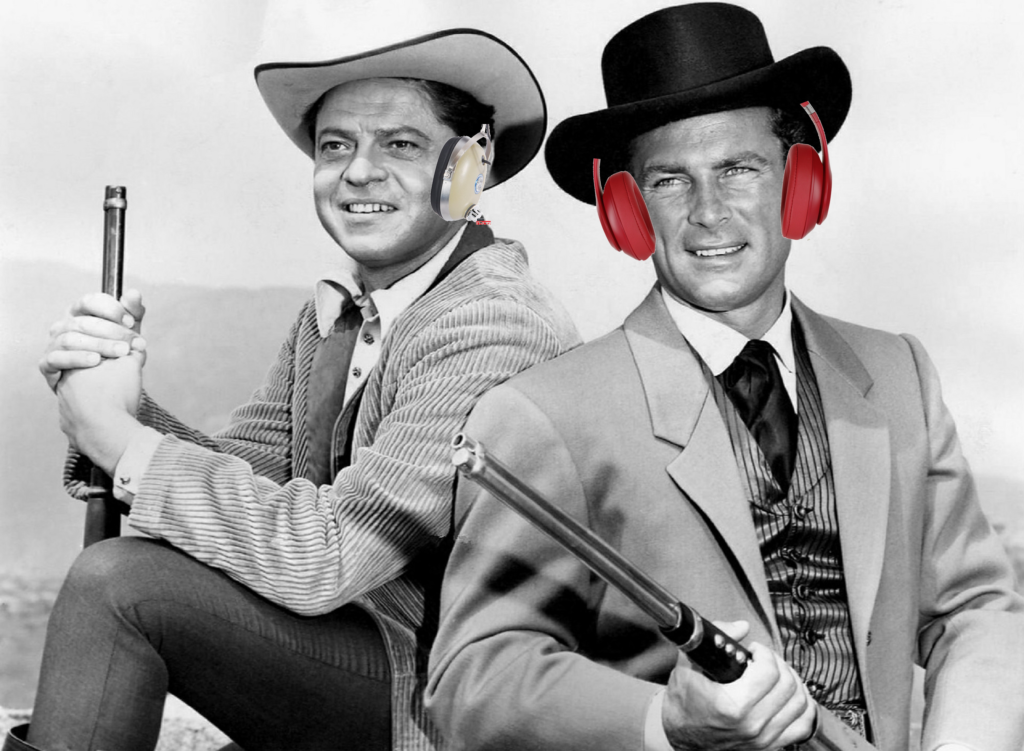
At our Podcast Movement “Broadcasters Meet Podcasters” sessions this past summer in Orlando, one of our keynoters was NBC/MSNBC’s head of audio and podcasting, Steve Lickteig.
Aside from the many insights he shared about newsmaker podcasts (he oversees the podcasts for MSNBC hosts Chuck Todd, Chris Hayes, and others), and his company’s plans for a 2020 election series, Steve said this about the entire platform:
“It’s the Second Wild West.”
That’s an interesting observation. In fact, many chart podcasting’s history in three distinct phases:
- The early years when no one knew what the hell they were doing, but it sure was fun.
- The impact of “Serial” and an awakening this platform was becoming something very special.
- Where we are now – the second major revolution that is sucking in money, talent, and podcasters from near and far.
This new Wild West phase is rife with cash and exuberance, some of it irrational. Podcast Movement’s “Evolutions” conference in L.A. in February is an homage to where the podcast puck is moving – to Hollywood, big money, and signing up major league celebrities to try their hand behind a mic.
It is also creating opportunities for the radio broadcasting industry to jump into the space. Some of radio’s biggest players are mostly buying their way into podcasting, rather than ensure a long, perilous journey to build a business.
That’s why iHeart, in particular, has taken the Stuff Works path, why Entercom is marching to Cadence 13, and why Scripps and Hubbard are placing their bets on Midroll and Podcast One respectively. Other radio broadcasters are trying to figure out where they belong in this rapidly changing landscape that is looking like the next big phase in the platform’s evolution.
As Entercom’s David Field said back in September, “The podcast business is exploding and if you don’t create a strong position today, I think you’re lost.”
It’s a challenge that every radio broadcaster – big, small, and mom & pop – are talking about.
And that’s where branded podcasts have become a topic. We tackled it at Podcast Movement last year, as Jacobs alum Dave Beasing took the stage to host several players carving out their niche in this new category: Matty Staudt/Jam Street Media, Andy Kelly/iHeartMedia’s SVP/Branded Podcasts, Doug Smith/eBay, and Lucas Hendrickson, host of Jack Daniels’ podcast “Around the Barrel.”
The other participant was Steve Pratt, VP of Pacific Content, a branded podcasting company out of Canada, purchased this past spring by Rogers 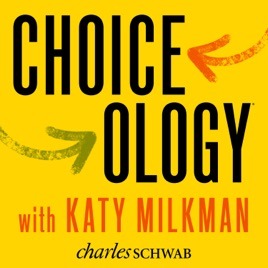 Media. All these players believe there’s a fertile future in producing these company-centric podcasts for brands that don’t have the time, expertise, or both to do it on their own. An example of their branded work is “Choiceology,” a podcast they produce for Charles Schwab, hosted by Wharton professor Katy Milkman.
Media. All these players believe there’s a fertile future in producing these company-centric podcasts for brands that don’t have the time, expertise, or both to do it on their own. An example of their branded work is “Choiceology,” a podcast they produce for Charles Schwab, hosted by Wharton professor Katy Milkman.
In just the past couple years, “branded” has become a bona fide category, as the NHL, McDonald’s, Trader Joe’s, and scores of other brands are throwing their hats into the space, fueling that Second Wild West.
On the local level, we’ve written about how stations could even launch their own branded podcasting initiatives, producing and creating podcasts for some of the biggest businesses in their hometown communities – the jewelry store honcho, the big personal injury law firm, the mattress mogul.
Beyond branded, there’s another form of podcasting that may also take flight in 2020:
Companion podcasts.
A story in Nieman Labs by Nicholas Quah earlier this week explores how the relative simplicity of producing on-demand audio is impacting the movie and TV industries, generating podcasts built around the making of films and shows.
Why is the podcasting format so attractive to some the movie and TV industries’ biggest players? It has to do with something those of us in radio have known for a long time. In fact, it had a lot to do with why I chose radio over television back in East Lansing, Michigan in the 1970’s.
It’s easier.
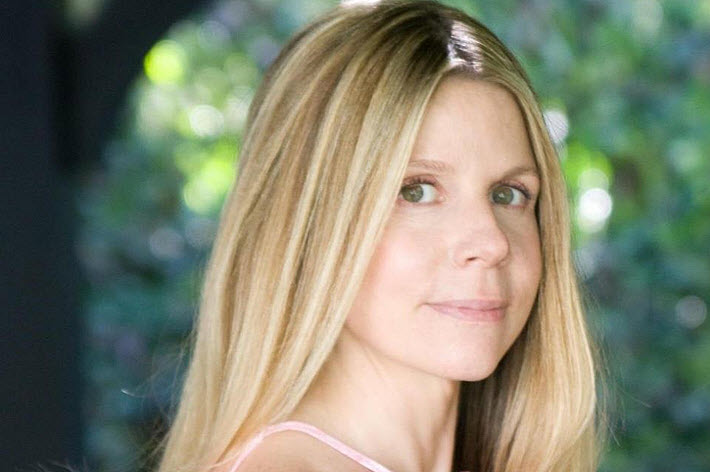 Quah quotes Dawn Olmstead, Universal Cable Productions (UCP) President Dawn Olmstead:
Quah quotes Dawn Olmstead, Universal Cable Productions (UCP) President Dawn Olmstead:
“If there is something you want to say about the moment in society, podcast is allowing you to do that so much more quickly (than film or TV). You don’t have to build sets, you don’t have to wait for availability for actors. You can literally write it that night and be in the audio booth the next day.”
I sometimes marvel at the hundreds and hundreds of names you typically see rolling by in the credits at the end of a movie or TV show. But with podcasting, Hollywood is finding that just a handful of players can produce audio episodes.
The companion category isn’t brand new, but it is gaining in popularity, especially for shows and franchises desiring to stoke the fan base. And many veterans in the podcasting community didn’t see this one coming.
A recent Wall Street Journal story by Rachel Dodes – “Can’t Get Enough of the TV Series? Here’s the Podcast” – reports that Hollywood is now producing “companion podcasts” to complement an existing show or series.
HBO’s “Chernobyl” is a great example. A podcast co-hosted by Peter Sagal (yes, a radio guy, host of NPR’s “Wait, Wait…Don’t Tell Me!) provided a sort of weekly, behind-the-scenes play-by-play of the series, providing viewers with the inside story on production decisions and other decisions made by writer/director Craig Mazin.
Netflix is also heavily involved in companion podcasts, after the success of a podcast series for “Stranger Things,” aptly titled “Behind the 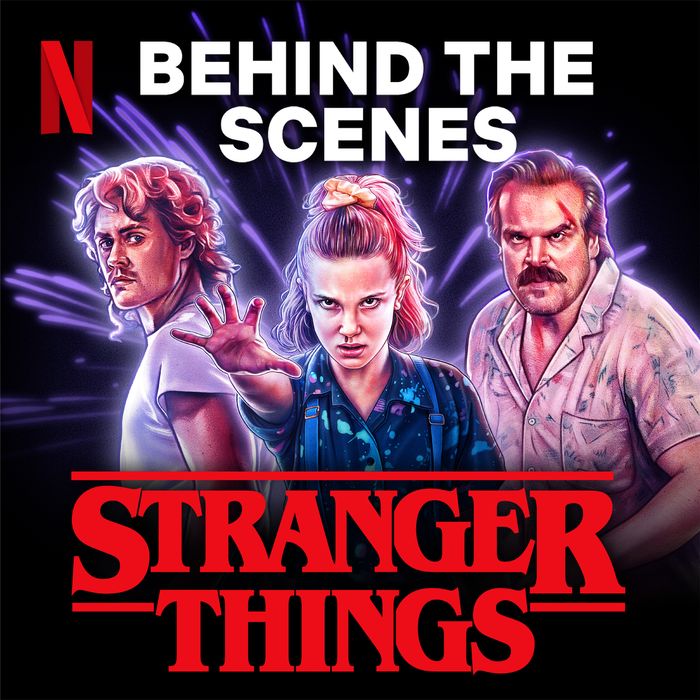 Scenes.” Dodes reports the streaming video giant has two more podcasts ready to go, including one for their new series, “Behind the Irishman.”
Scenes.” Dodes reports the streaming video giant has two more podcasts ready to go, including one for their new series, “Behind the Irishman.”
Unlike fan-based podcasts on these shows, network produced podcasts have access to a film or series’ stars, the writers, producers, directors, and even those who create the musical scores. And the list of companion podcasts for new movies and shows is growing, including Amazon Prime’s “Bosch,” Hulu’s “Wu-Tang: An American Saga,” and CBS Studios’ “Prime Directive: The Official Star Trek Podcast.”
As the video streaming wars heat up, thanks in no small part to the recent entries of a couple of companies you’ve heard of – Apple and Disney – executives are looking or any edge they can get in order to generate interest, attention, and loyalty.
Companion is an avenue that in the big picture of things has a relatively small cost and a low bar of entry.
So, what does this have to do with radio? Is this a trend that is already well beyond the scope of how radio approaches podcasts?
In actuality, radio brands are made for companion podcasts. Think about the slew of end-of-year festivals sponsored by music stations throughout the country. Oftentimes, programmers find themselves between a rock and a hard place – literally – tasked with playing baby bands and other unproven acts in an effort to sell festival tickets during a key ratings period.
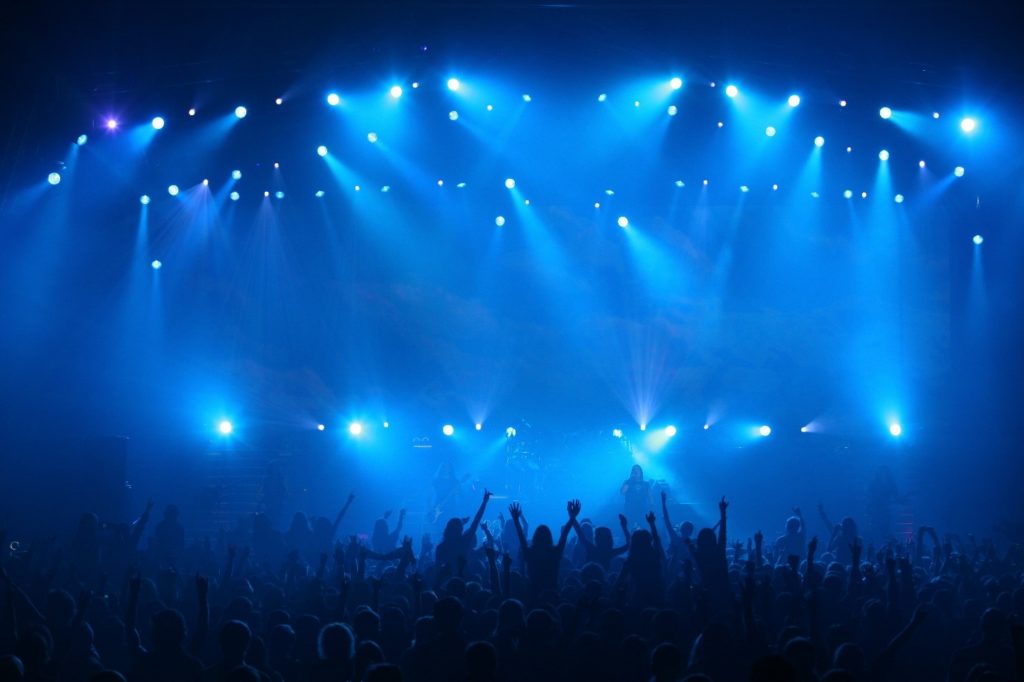 That’s where companion podcasts come into play. Imagine a limited series on a station’s “Christmas Ball” or “Summer Camp” show, complete with interviews with the bands, and even behind-the-scenes conversations with the station’s P.D., music director, and promotion manager, talking about how the festival came together. (It’s also a chance to stroke key sponsors in a marketing format that may be better than being yet another spot in a long stopset cluster of commercials.)
That’s where companion podcasts come into play. Imagine a limited series on a station’s “Christmas Ball” or “Summer Camp” show, complete with interviews with the bands, and even behind-the-scenes conversations with the station’s P.D., music director, and promotion manager, talking about how the festival came together. (It’s also a chance to stroke key sponsors in a marketing format that may be better than being yet another spot in a long stopset cluster of commercials.)
Maybe it’s a podcast about how a public radio station is setting up its 2020 election coverage. Or a companion series about a major station event or celebration.
Or how a big morning show went about searching for a replacement for the team member who just hung up her headphones after decades on the station.
Companion podcasts are ways to tell stories – outside the story.
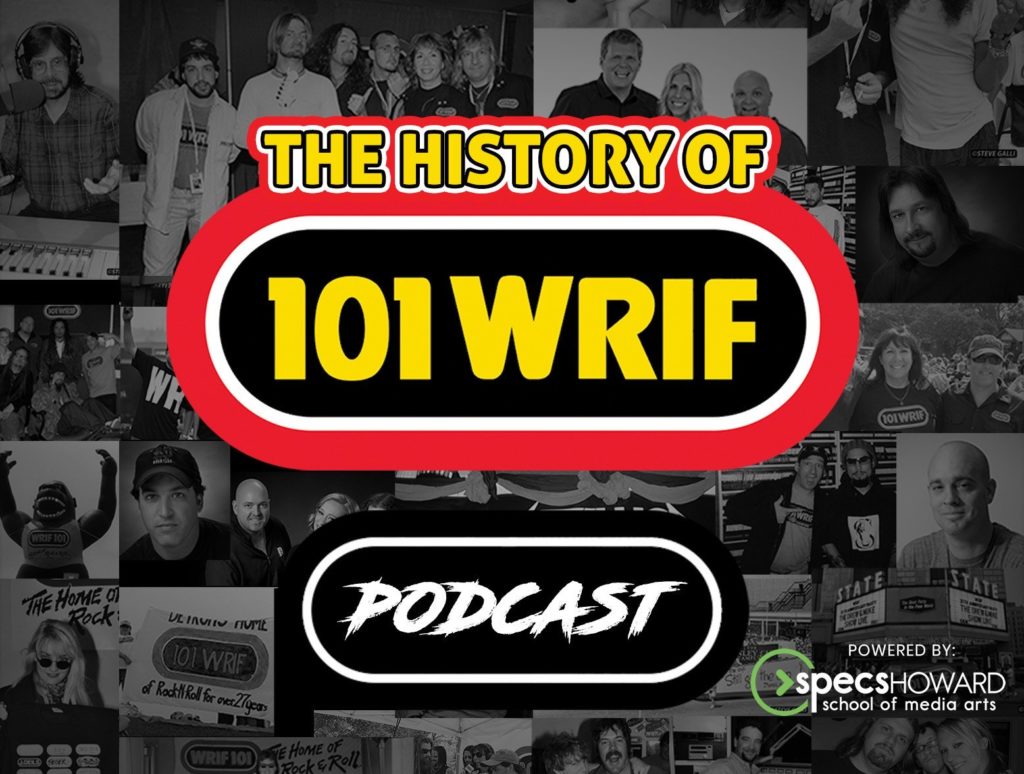 WRIF here in Detroit has created a companion podcast to acknowledge its 50th anniversary, complete with interviews with many of the station’s air personalities who entertained on the Motor City airwaves throughout the station’s glory years. “The History of WRIF” gives the story the time and space it needs. Hardcore fans love it, and of course, more casual listeners can enjoy 50th anniversary promotions, contests, and music features over the broadcast channel, as they always have.
WRIF here in Detroit has created a companion podcast to acknowledge its 50th anniversary, complete with interviews with many of the station’s air personalities who entertained on the Motor City airwaves throughout the station’s glory years. “The History of WRIF” gives the story the time and space it needs. Hardcore fans love it, and of course, more casual listeners can enjoy 50th anniversary promotions, contests, and music features over the broadcast channel, as they always have.
When you love a movie, a TV show – or a radio station – giving uber fans the chance to gain a richer experience in a companion podcast is a trend that may, in fact, become a defining part of the next phase of this burgeoning audio medium – or it might be part of the bloating of this platform that now contains nearly 800,000 podcasts – and growing with each passing day.
So, what will happen? Will both branded and companion define this next phase of podcasting?
Who knows?
It’s like the Wild West out there.
- How Radio Can Improve Its Digital Content Batting Average - January 3, 2025
- Is It Time For Radio Broadcasters To “Thelma & Louise” Over The Demographic Cliff? - January 2, 2025
- Some Good News About Radio? Yes! - January 1, 2025




Leave a Reply